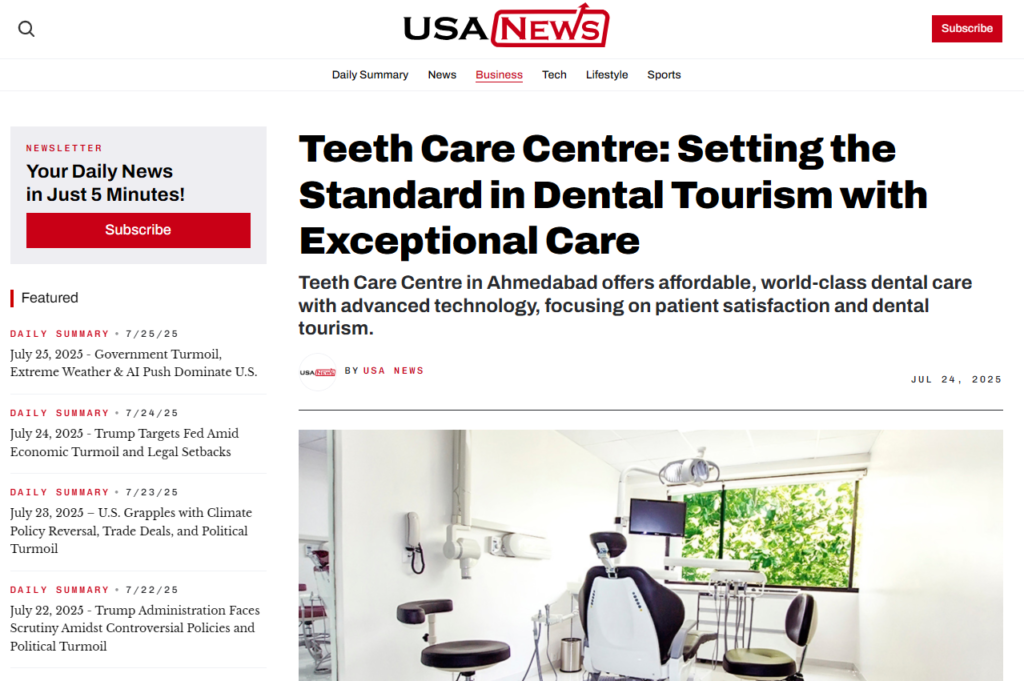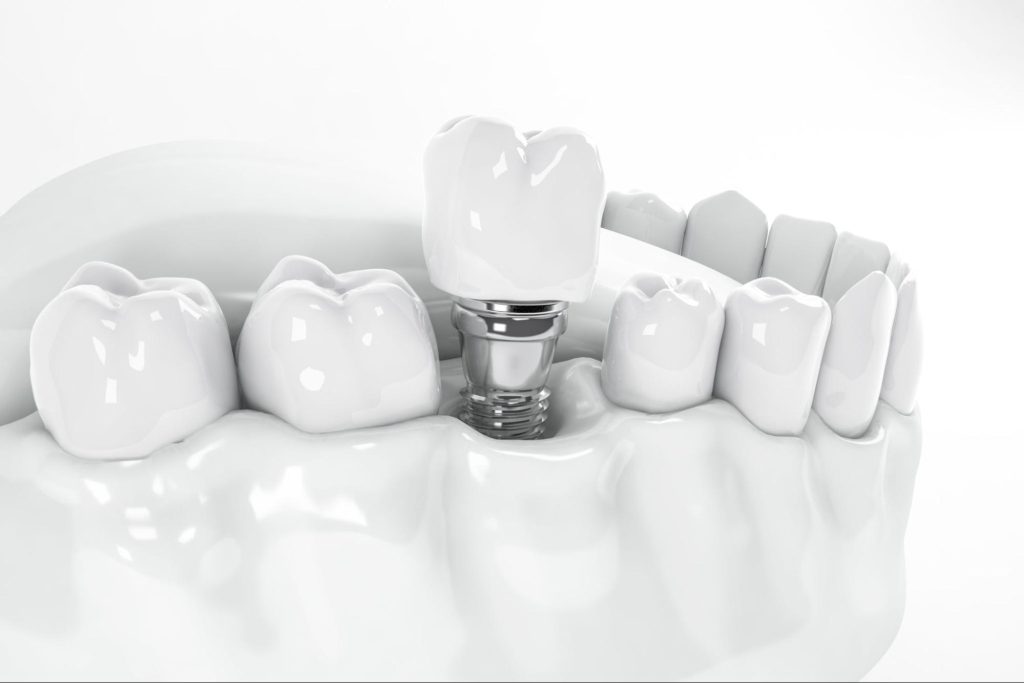Traditionally, dentistry and cardiology have been considered separate fields, each with its own distinct focus. However, recent research has revealed a significant correlation between poor oral health and various cardiovascular conditions. This link is often referred to as the oral-systemic connection.

The link between oral health and heart:
The mouth and its health serve as a gateway to the body. Studies have revealed an association between gum disease (periodontitis) and cardiovascular diseases such as heart disease and stroke. While the exact mechanisms behind this connection are still not known precisely, several theories suggest the following:
- Inflammation: Gum disease is characterized by inflammation caused by bacterial infection. Chronic inflammation in the gums can trigger a systemic inflammatory response throughout the body, potentially contributing to the inflammation seen in cardiovascular diseases.
- Bacterial Spread: The bacteria responsible for gum disease can enter the bloodstream through inflamed gum tissue. Once in the bloodstream, these bacteria may travel to other parts of the body, including the arteries of the heart. This bacterial presence could contribute to the formation of arterial plaque, increasing the risk of heart disease.
- Shared Risk Factors: Poor oral health habits, such as infrequent brushing and flossing, unhealthy diet choices, and smoking, are common risk factors for both gum disease and cardiovascular diseases. Addressing these risk factors can positively impact both oral and heart health.
- Collaborative Care: Recognizing the connection between oral health and systemic health, healthcare professionals are now moving towards a collaborative approach to patient care. Dentists and physicians are working together with a focus on both oral and cardiovascular wellness. This approach may involve joint screenings, joint treatment planning, and patient education.
Importance of Oral Hygiene
- Brushing and Flossing: Brush your teeth at least twice a day using fluoride toothpaste and floss daily to remove plaque and bacteria from between your teeth and along the gumline.
- Regular Dental Check-ups: Schedule regular dental check-ups with Dr. Pankti Patel, the best dentist in Ahmedabad and cleanings to detect any signs of gum disease early and receive professional care to keep your gums healthy.
- Avoid Tobacco Products: Smoking and using other tobacco product not only stain your teeth and contributes to bad breath but also significantly increases the risk of gum disease and cardiovascular diseases.
- Healthy Diet: Limit sugary foods and drinks, which can contribute to tooth decay and gum disease. Instead, opt for a balanced diet rich in fruits, vegetables, lean proteins, and whole grains.
Conclusion:
As the research continues, more aspects of this oral heart link will open. Teeth Care Centre, the best dental clinic in Ahmedabad, always suggests to their patients to get a routine oral evaluation, to prevent any such possibilities and guides them on how to maintain oral hygiene in a better way.

